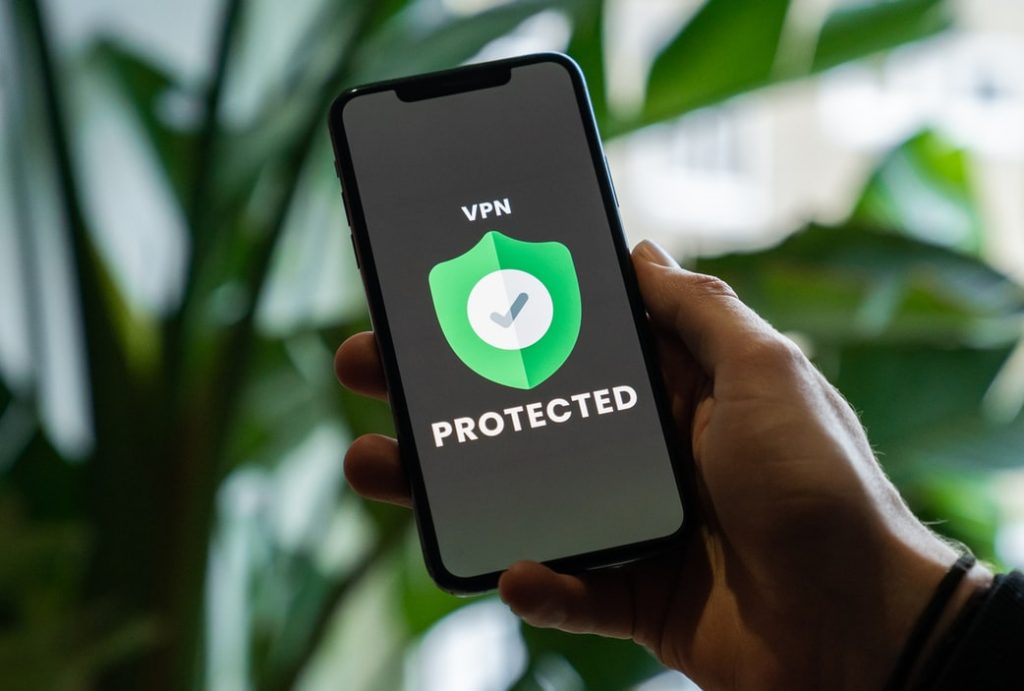Learn the three information security principles, along with its best practices.
The Three Tenets: Information Security Principles
The three information security principles are namely, confidentiality, integrity, and availability. Altogether, this makes up the CIA Triad.
The CIA triad influences the whole information security standards. Thus, every entity must make sure to employ these three in any security control.
Actually, these principles work together towards the same purpose. That is security.
However, each principle also plays a distinct role in keeping a company’s information security state.
Below, you will see the CIA triad and the distinct roles they play in information security.
1. Confidentiality
Confidentiality makes sure that what is private should remain private. Besides, it secures all private data against any illicit access.
2. Integrity
The Integrity principle works well along with confidentiality. Integrity is the upkeep of the state of data. Thus, any illicit alteration should be prevented. Adding, deleting, or changing, for instance.
Integrity is very crucial in maintaining the data’s secure state. It speaks well that data can be trusted and accurate.
3. Availability
On the other hand, availability is strongly connected with confidentiality. Availability makes sure that private data should be made available to those authorized persons. Especially if the data is crucial in performing their job or duty. For instance, when it is in need upon driving decisions.
However, availability is also subject to limitations. Because access grants should only be permitted within a range of time.
Information Security Best Practices
How can you improve the overall information security state of your company?
Every employee should know that they play a vital part in company security. Perhaps they are not the tech-savvy kind of people. But, they should have proper training about its best practices.
Consider the following best practices below. This should help you spread the right kind of awareness throughout the company.
1. BYOD Policy
BYOD is also known as the ‘Bring Your Own Device’.
So suppose you have a personal mobile phone. Or perhaps just a smartwatch along with you. Before connecting that device to work, ask the IT team first.
The IT personnel should grant permission first. Especially if you use such a device for accessing corporate data.
Know that any device connected on the web can serve as a loophole for malicious intents. So be security conscious with this.
2. Monitor Third-Party Controls
If your job is relevant to clients’, customers’ and employees’ data, you surely have a great deal of duty.
You should make sure you follow the company’s rules about this.
So be sure to monitor your third-parties’ access to company data. Besides, you should cut their access when their task is done.
3. Only Connect With Secure Wi-Fi Networks
Some employees love working outdoors. Perhaps in a cozy coffee shop or some other convenient places. While others do the work-from-home.
Well, wherever you may be, always make sure to connect with secure wi-fi networks only. Be wary of connecting with public wi-fi. To be sure, you can have your own VPN. by doing so, you can be confident enough that no malicious actor lurks around your network.

